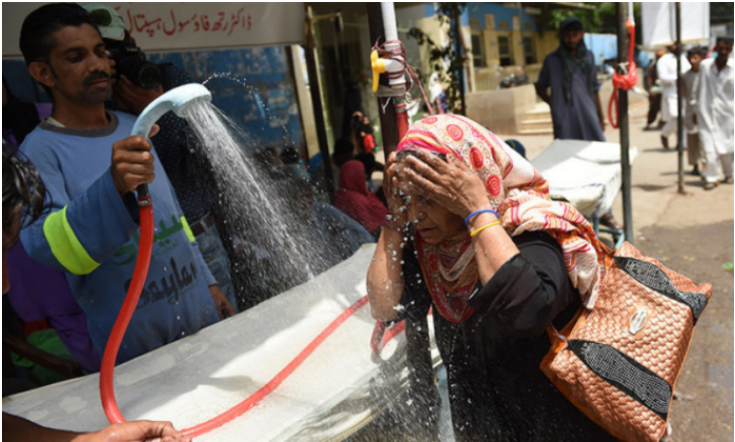Afghanistan denies link to train attack in Pakistan
In the aftermath of the March 11, 2025, hijacking of the Jaffar Express train in Balochistan, Pakistan, the Pakistani government has accused Afghanistan of being complicit in the attack. The Pakistani military alleged that the Baloch Liberation Army (BLA) militants involved were in contact with Afghan-based handlers during the operation.
The Pakistani Foreign Ministry further accused Afghanistan of facilitating the attackers, urging Kabul to prevent terrorists from using its soil for cross-border attacks.
Additionally, Pakistan has accused India of supporting the insurgents, a claim that New Delhi has firmly denied. In response, the Taliban administration in Afghanistan has categorically rejected Pakistan’s allegations, stating that no members of the Baloch opposition have a presence in Afghanistan nor any links with the Afghan government.
Similarly, India has dismissed Pakistan’s claims, emphasizing that the world knows where the epicenter of terrorism lies, implicitly referring to Pakistan’s own challenges with militancy.
The BLA, which has claimed responsibility for the train hijacking, has historically sought independence for Balochistan, a resource-rich province in southwestern Pakistan. The group has been involved in various attacks against Pakistani security forces and infrastructure, as well as Chinese nationals working on development projects in the region.
This incident underscores the complex and volatile security dynamics in the region, with longstanding grievances in Balochistan, the involvement of multiple state and non-state actors, and the challenges of cross-border militancy. The conflicting narratives and denials from Pakistan, Afghanistan, and India highlight the intricacies of regional geopolitics and the difficulties in addressing cross-border terrorism.











